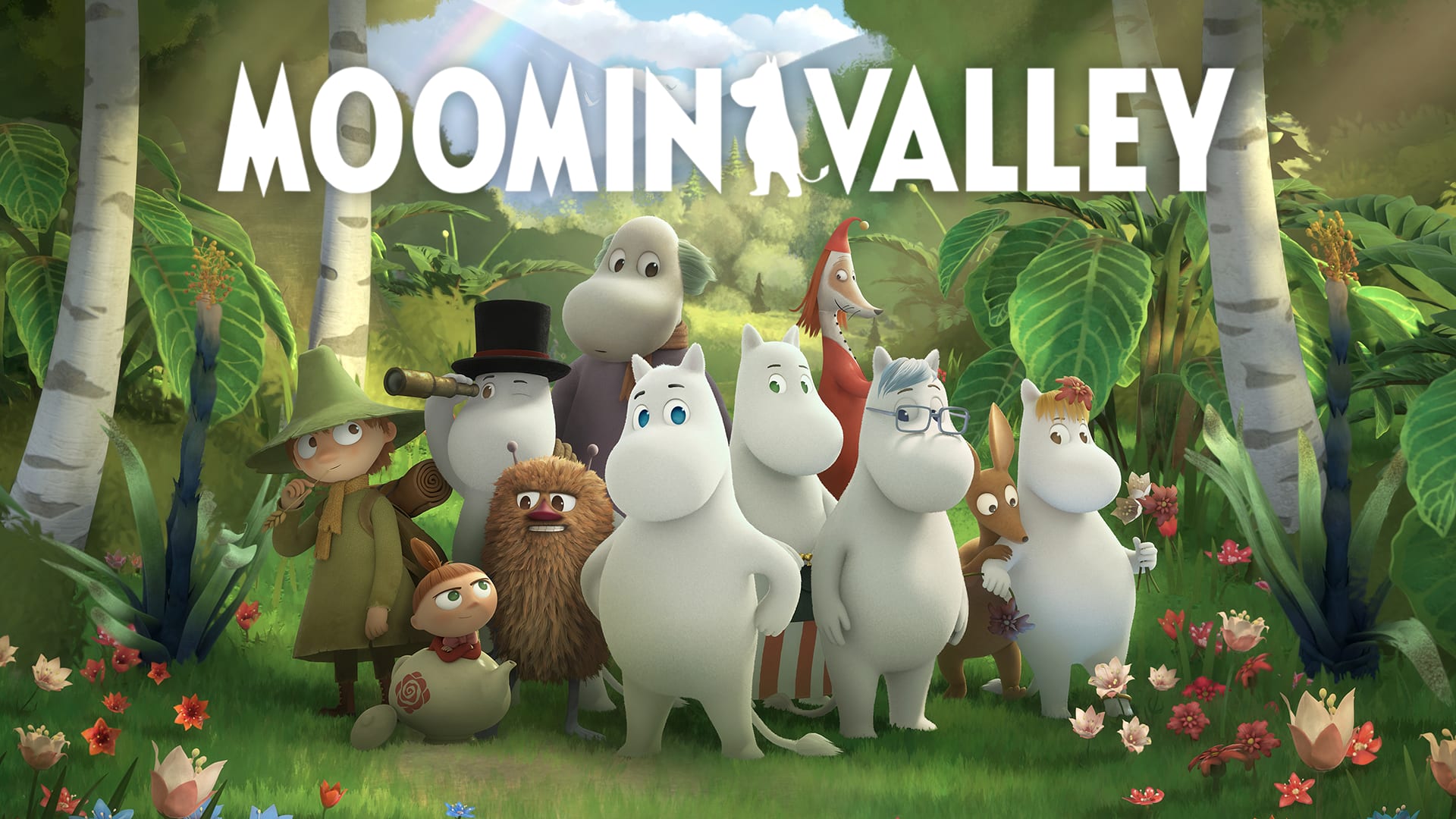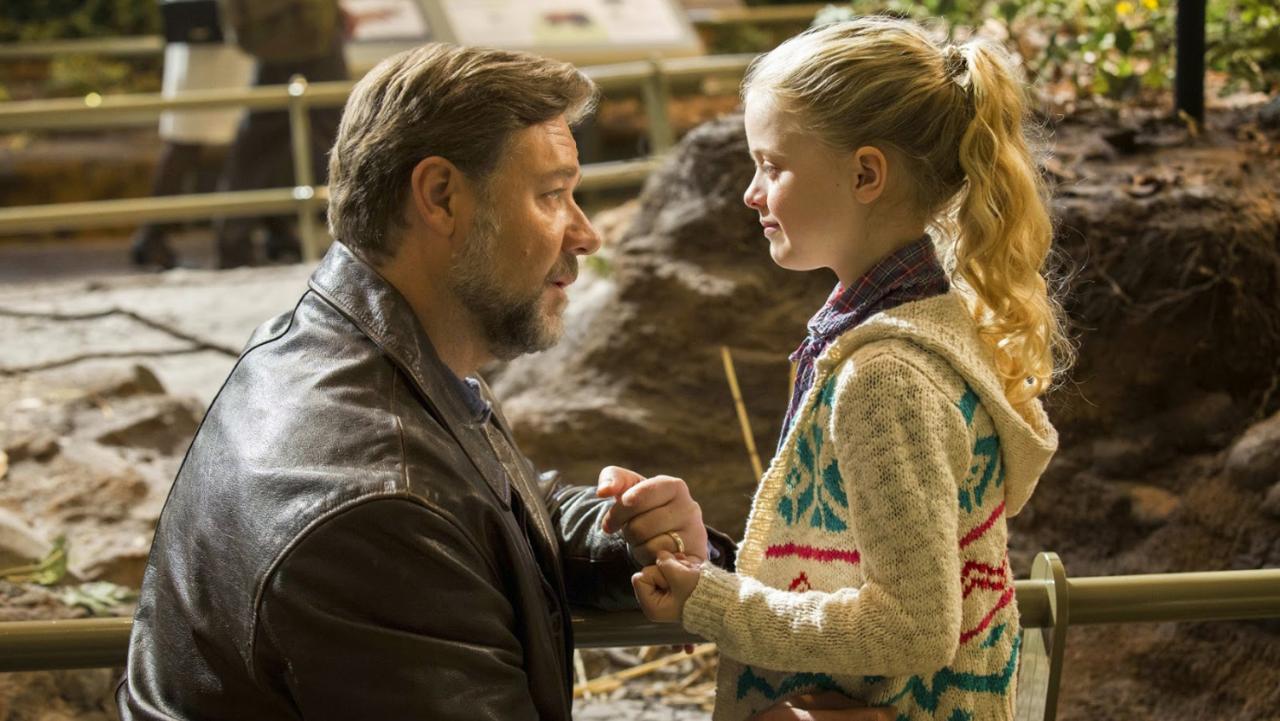LASSIE: A NEW ADVENTURE
 Thursday, April 4, 2024 at 1:57PM
Thursday, April 4, 2024 at 1:57PM
Stars: Nico Marischka, Katharina Schüttler, Dennis Mogen, Justus von Dohnányi, Annette Frier, Maike Jüttendonk, Anna Lucia Gualano, Pelle Staacken, Xiduo Zhao and Priscilla Wittman.
Writer: Andreas Cordes
Director: Hanno Olderdissen
Rating: ★ ★ ★

Since she first appeared in Eric Knight’s 1943 novel Lassie Come Home, the beloved Collie heroine has proven a resilient commercial property, even when the material doesn’t shine quite as much as her lustrous coat. Such is the case with her latest bigscreen incarnation, a kids-own adventure mystery that pits Lassie and her tween-age pals against some nasty dognappers in the Deutsche countryside.
Director Hanno Olderdissen returns to the franchise after having guided 2020’s Lassie Come Home to robust European box office and brings along that film’s young star, the likable Nico Marischkka, reprising as Lassie’s boy owner, Flo. Instead of summer in the Canary Islands with his parents, the young master and his pet are staying with Aunt Cosima (Katharina Schüttler), whose lovely cottage is also home to foster kids Kleo (Anna Lucia Gualano) and Henry (Pelle Staacken).
But, for some reason, the local leafy village is also a hub for a canine blackmarket run by dog-thief Delphine, played by a fully-committed Maike Jüttendonk in full Cruella de Vil mode. Lassie (played by strapping animal actor ‘Bandit’), along with her puppy pals Pippa, an energetic Jack Russell Terrier, and Spike, a feisty French Bulldog, infiltrate the crime ring and, with Flo and Kleo and Aunt Cosima providing two-legged support, set about bringing the baddies to justice.

Olderdissen and writer Andreas Cordes work all the tropes we’ve come to expect from our Lassie adventures, including but not limited to the iconic line, “Lassie, get help!” and two key sequences of the furry heroine running at full clip through the picturesque scenery. Also deftly handled by the storytellers is the ‘family is important’ subplot that, while low-hanging fruit thematically in a movie like this, is engaging to the end.
The producers know their audience, which skews even younger here than it did with the 2020 instalment. The baddies are buffoonish and the dogs are never subjected to the horrors that real-world traffickers would inflict upon their captives; in fact, in one giggly sequence, they even wash them, which provides some all-ages slapstick.
Not ‘A New Adventure’ in any meaningful way, as the title suggests, but rather an option for family audiences that will evoke warm memories for parents and harmless thrills for under-10s.
 Dubbed,
Dubbed,  Family Film,
Family Film,  German Film
German Film 














